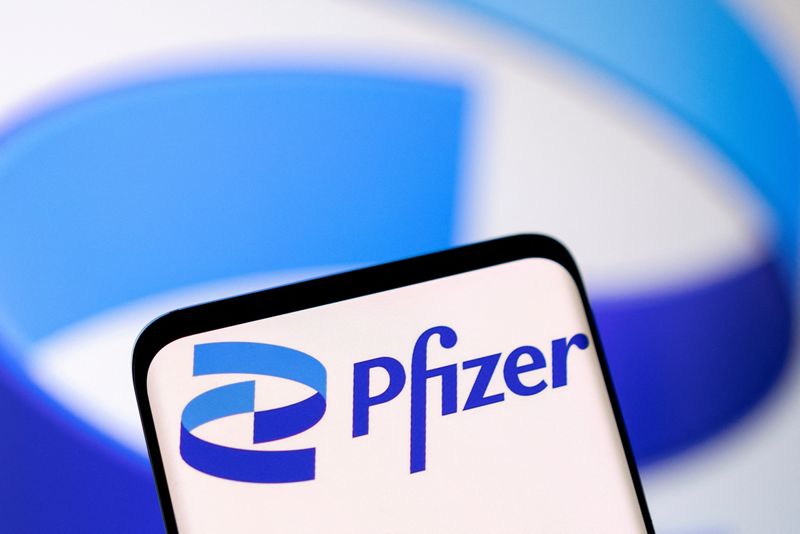By Jonathan Stempel
(Reuters) - Pfizer (NYSE:PFE) has been sued by Texas Attorney General Ken Paxton, who on Thursday accused the drugmaker of misrepresenting the efficacy of its widely-used COVID-19 vaccine.
In a complaint filed in a Lubbock County state court, Paxton said it was misleading for Pfizer to claim its vaccine was 95% effective because it offered a "relative risk reduction" for people to who took it.
Paxton said the claim was based on only two months of clinical trial data, and vaccine recipients' "absolute risk reduction" showed that the vaccine was just 0.85% effective.
He also said the pandemic got worse even after people started taking the vaccine, developed by Pfizer and its German partner BioNTech (NASDAQ:BNTX).
"Pfizer intentionally misrepresented the efficacy of its COVID-19 vaccine and censored persons who threatened to disseminate the truth in order to facilitate fast adoption of the product and expand its commercial opportunity," the complaint said.
The lawsuit seeks to stop New York-based Pfizer from making alleged false claims and silencing "truthful speech" about its vaccine, and more than $10 million in fines for violating a Texas law protecting consumers from deceptive marketing.
Pfizer said more than 1.5 billion of people have received its vaccine. The drugmaker has reported more than $74 billion of revenue in 2021 and 2022 related to COVID-19 immunizations.
In a statement, Pfizer said its representations about its vaccine have been "accurate and science-based," and that it believed Paxton's lawsuit had no merit.
Pfizer also said its vaccine has "demonstrated a favorable safety profile in all age groups, and helped protect against severe COVID-19 outcomes, including hospitalization and death."
Infectious disease experts have said relative risk reduction is a more meaningful way to judge a vaccine's efficacy than absolute risk reduction. Relative risk shows how well a vaccine protects recipients relative to a study's control group.
Paxton, a Republican, has criticized Biden administration efforts to fight the pandemic.
Earlier this year, he began probing whether Pfizer, Moderna (NASDAQ:MRNA) and Johnson & Johnson (NYSE:JNJ) misrepresented their vaccines' efficacy, to examine the "scientific and ethical basis" for public health decisions addressing COVID-19.
"Pfizer did not tell the truth about their COVID-19 vaccines," Paxton said in a statement. "We are pursuing justice for the people of Texas, many of whom were coerced by tyrannical vaccine mandates to take a defective product sold by lies."
The lawsuit is Paxton's second against Pfizer in November.

In a case unsealed on Nov. 21, Paxton accused Pfizer and a supplier of manipulating quality control tests, resulting in the distribution of ineffective drugs to treat attention deficit hyperactivity disorder in children.
The status of the probe into Moderna and Johnson & Johnson was not immediately clear. Paxton's office did not immediately respond to requests for comment.